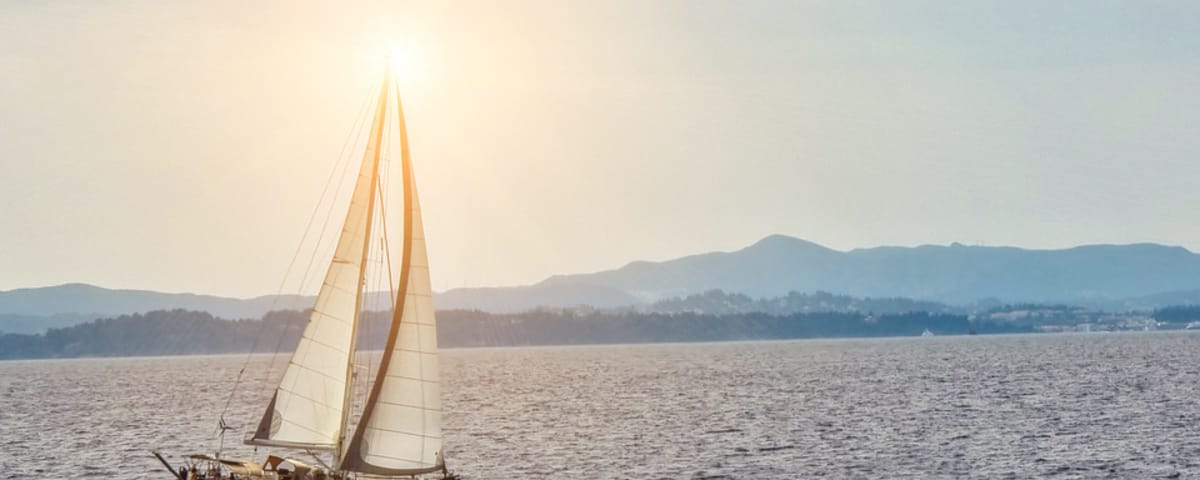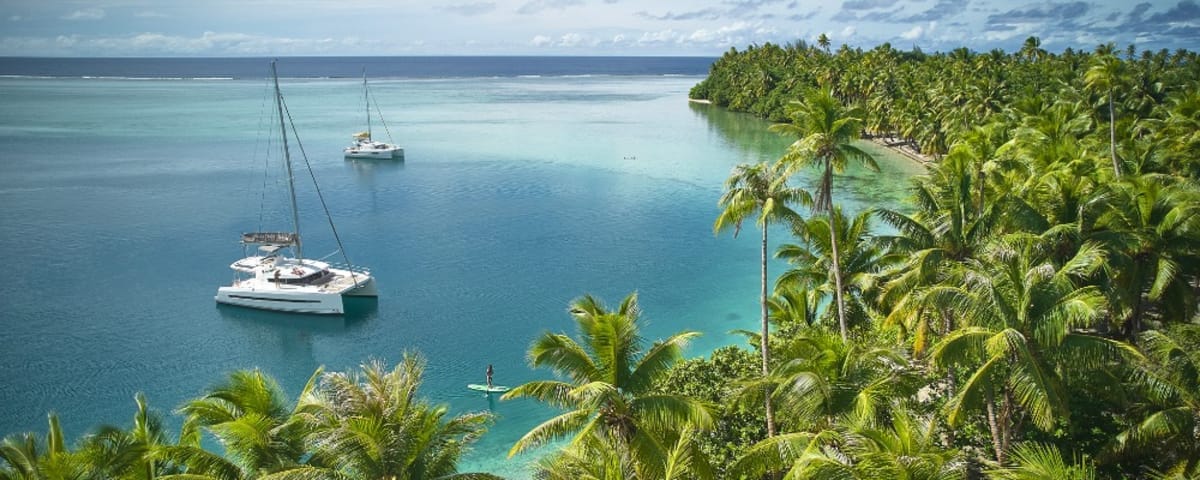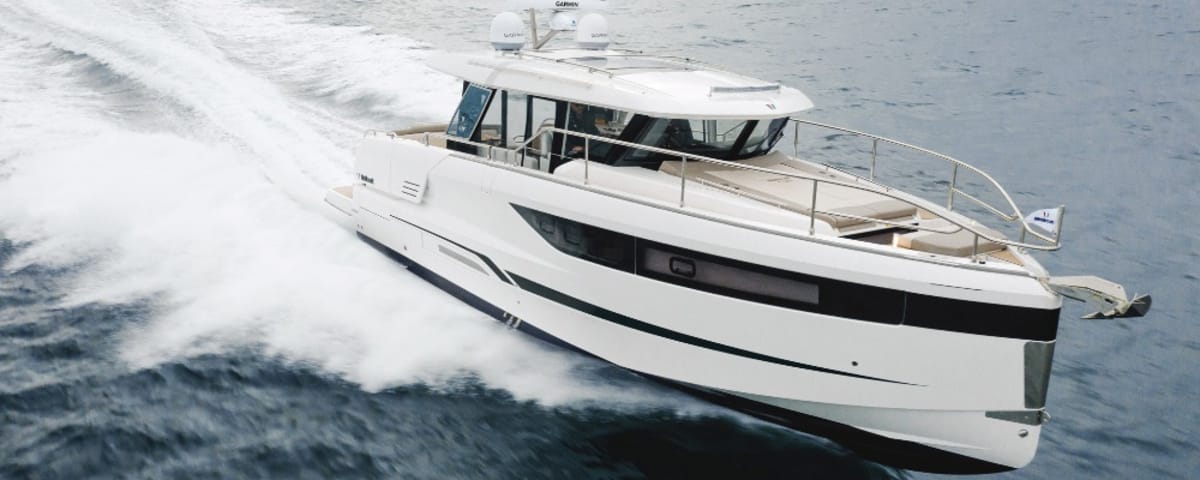Marine Heating: An Essential Comfort for Extending the Boating Season
Autumn cruises and winter outings are no longer just for the hardy. Thanks to technical advancements, marine heaters now offer consistent warmth, reduced energy consumption, and installation options tailored to the constraints of a boat. Beyond mere comfort, they also ensure better safety on board: humidity is limited, cabins stay dry, and electronics suffer less from condensation.
For boaters who want to extend the season or even sail year-round, heating has become as essential as electricity or water on board. It’s no longer a luxury but a real element of comfort, sometimes crucial for making the experience enjoyable outside of summer.
The Main Types of Boat Heaters
Three solutions currently dominate the market:
- Forced-air heating: This is popular for its simplicity and speed. Hot air is distributed throughout the cabins via a network of ducts. It only takes a few minutes to raise the temperature, making it ideal for short cruises or stop-and-go sailing.
- Hot water heating: Slower to start, it works like a miniature central heating system with radiators or underfloor heating. It is perfect for medium or large boats where long-term comfort is a priority.
- Diesel or wood-burning marine stoves: These provide direct heat and a certain charm. Their visible flame and thermal inertia make them a cozy solution, particularly appreciated by sailors in cold waters. However, they require more space, careful venting, and more regular maintenance.
Brands and Price Ranges
Two players dominate the diesel systems market: Webasto and Eberspächer. Their forced-air ranges, such as the Webasto Air Top 2000 STC or the Eberspächer Airtronic D4, are known for their robustness and even distribution. These models, suitable for cruising sailboats or medium-sized motorboats, range from €1,200 to €2,500, including installation.
For superior comfort, especially on units inhabited year-round, Kabola offers oil-fired boilers combined with hot water circuits. Heavier and more complex to install, they offer high-end performance, but their price often exceeds €5,000.
At the other end of the spectrum, but with a solid reputation in Scandinavia and offshore sailing, Refleks stoves remain a benchmark. Compact and efficient, they run on gravity-fed diesel, without electronics, and are attractive for their reliability. Their prices range from €1,000 to €2,000, to which the installation of the flue must be added.
What About Auxiliary Heaters?
For boaters who do not want to invest in a fixed system, alternatives exist. Small electric fan heaters, sold between €30 and €100, plug into the dock and allow you to quickly heat a cabin. Their effectiveness is limited and they consume a lot of energy, but for a night plugged in at the marina, they are very useful.
One step up, oil-filled radiators (€100 to €200) are quieter and provide gentle, consistent heat. They are suitable for occasional use but also need to be connected to a dock outlet. Finally, some boaters use portable gas heaters, which are attractive for their low price (less than €100) but are not recommended indoors due to the risk of carbon monoxide emissions.
Choosing According to Your Sailing Plans
The choice of a marine heater largely depends on the sailing plans and the type of boat. A boater who still sails a few weekends in the fall may be satisfied with an auxiliary heater, provided they spend their nights at the dock. On the other hand, for autonomous winter cruises, a fixed system is essential.
The size of the boat also plays a decisive role: on a 30-footer, a small forced-air heater is often sufficient, while on a 45-footer inhabited by several people, a more powerful hot water system is required. Noise level, diesel or electricity consumption, and ease of maintenance are all criteria to consider in the final choice.
Choosing the right marine heating system offers the freedom to navigate beyond the summer months, ensuring comfort, safety, and enjoyment on the water.
Extending the Season with Peace of Mind
Choosing your marine heating system well means giving yourself the freedom to sail without depending on the summer calendar. Solutions exist for all budgets and all uses: from small electric cabin heaters to complete central heating systems. Specialized brands are competing with innovation to meet the varied needs of boaters, whether they are occasional or long-distance travelers.
Investing in good heating means extending the season, but also transforming each autumn or winter outing into a comfortable, convivial, and safe experience. In short, it ensures that the pleasure of sailing does not stop with the first cold weather.
Enjoyed this post by Thibault Helle? Subscribe for more insights and updates straight from the source.


